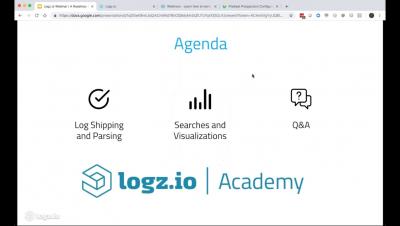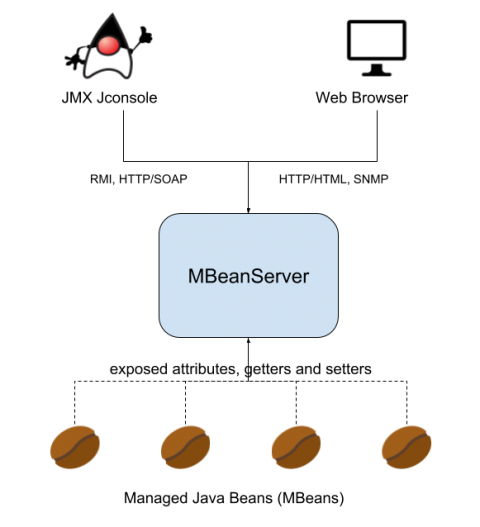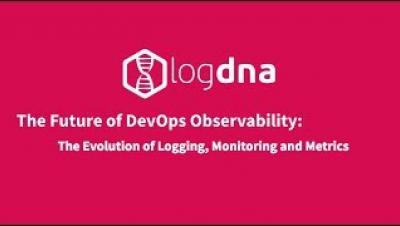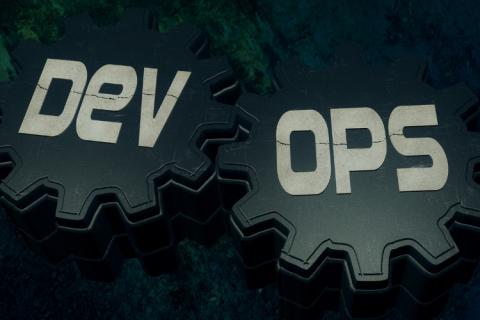Operations | Monitoring | ITSM | DevOps | Cloud
%term
Key metrics for Elasticsearch performance monitoring
Elasticsearch is a highly scalable, distributed, open-source RESTful search and analytics engine that offers log analytics, real-time application monitoring, click stream analytics, and more. Elasticsearch stores and retrieves data structures in real time. It has multi-tenant capabilities with an HTTP web interface, presents data in the form of structured JSON documents, makes full-text search accessible via RESTful API, and maintains web clients for languages like PHP, Ruby, .Net, and Java.
A Roadmap for Successful Onboarding Getting Started with Logz io
Jenkins in a Nutshell
In many projects, the product development workflow has three main concerns: building, testing, and deployment. Each change to the code means something could accidentally go wrong, so in order to prevent this from happening developers adopt many strategies to diminish incidents and bugs. Jenkins, and other continuous integration tools (CI) are used together with a source version software (such as GIT) to test and quickly evaluate the updated code.
Monitoring Java using JMX and custom metrics
JMX (Java Management Extensions) is a set of specifications conceived to monitor and manage Java applications. To implement the JMX technology, you need to create and register MBeans (Managed Beans) as part of your Java code. Using JMX technology and tools, Java application developers can get the dynamic state of the application and use it for performance tuning, troubleshooting and debugging.
The Future of DevOps Observability: The Evolution of Logging, Monitoring and Metrics
Executing a Monthly cron.monthly on a Specific Date
Cron is a powerful tool in linux-based operating systems to execute jobs at specified intervals. This easy hack makes monthly cron jobs execute at a specific date.
Agile and DevOps: great union for IT
It’s been some time since devops and agile to walk side by side. Combining both has become the basic precept for any IT area, since that way you can get better business results. However, this union still generates much discussion. To better understand the two concepts, it is interesting to note that all of DevOps’ efforts within an organization are geared towards enabling “value delivery” to customers and businesses as quickly as possible.











